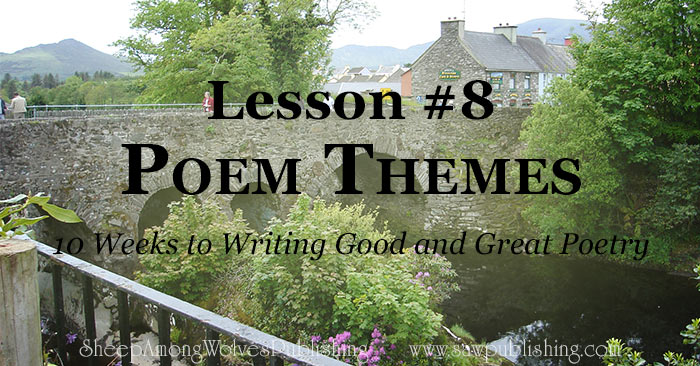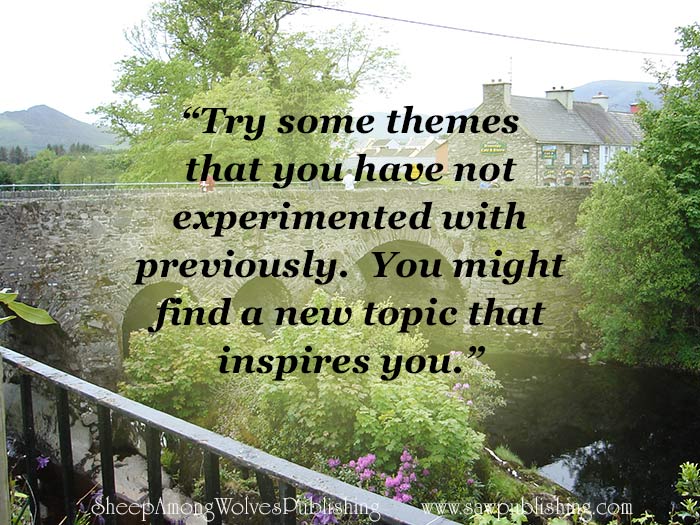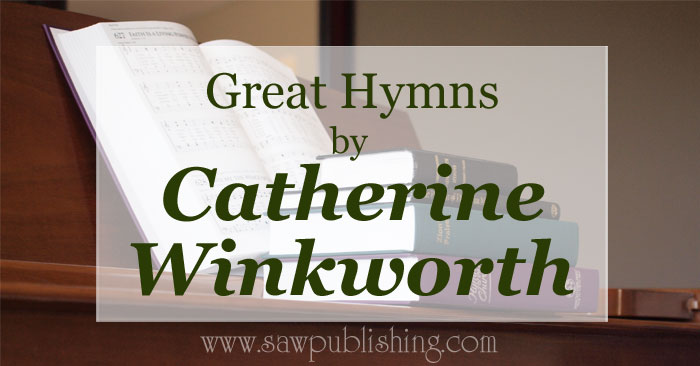Four Poem Themes and How They Work
Sheep Among Wolves’ Good and Great Poetry Course was created to teach high school students how to write poems that are both good and great. This FREE 10-week course takes a look at some fundamental elements of poetical structure as well as the themes and subject-matter which really make up the soul of a poem. For a full explanation of the course, see our post entitled 10 Weeks to Writing Good and Great Poetry. To receive the course in 10 weekly email lessons, sign up here, or at the bottom of this post.

When I actually think about it, I have a small problem with the word Poet. It’s a bit like the word Writer, or Scientist or Composer. It tells us just enough that we think we have the whole story, when in fact we’ve only scratched the surface. Any writer, or scientist or composer will tell you that there’s a world of difference between fiction and non-fiction, between biology and physics, and between classical and contemporary music. Each of these broader classifications includes such varying genres and specialties that it isn’t fair to lump them together into one category.
And with poetry, even going beyond the structural divisions which separate sonnets from limericks, there are so many variations of topic and expression that a poem is never just a poem. Here’s a look at four subject-related categories in poetry, and the types of poems they include.
Scriptural or Religious Poems
Scripture-based poetry is without question the highest form of poetry we can write. The other day a church acquaintance made an interesting observation. He said that singing praise to God is one thing we can do on earth, that we will also do in heaven. Time spent in writing poetry which praises God is never wasted. It’s also a way we can thank Him for the gifts He has given. I am always glad when I see a poet of great ability who has used their talents in the highest way. Those of us who can write poetry have a wonderful opportunity to use our talents to help others look to God.
There is such a wealth of material in this type of poetry, from individual Bible story lessons, to meterized psalms and other passages for singing, to poems which draw together themes and allusions from throughout Scripture. In fact, anything in the world around us can also be used to praise God, which brings us to the next category.
Poems About Nature
A tremendous amount of poetry has been written about nature, probably because it is something every one of us has come into contact with. We all experience the same sky, the same rising sun, the same rain which gives life to plants and flowers, and we all instinctively feel that there is something restful and beautiful about nature. This is a kind of poetry which everyone has the opportunity to write. If you have seen nothing else, you have probably seen a flower, and can find something in it which is worth saying.
Poetry about nature is especially rewarding if it draws a simple but original lesson, which can be understood and appreciated by the audience. These poems are often used in school readers because of the simplicity of the thought. Young children can always understand poetry about something they have seen, and these poems can unconsciously form their standards about the quality of poetry, while describing something they can easily comprehend.
Theoretical Poems
As we grow older, we find greater satisfaction in more complicated ideas, working out the problems we all face, or theorizing about character traits and concepts. Poetry is a great outlet for these developing ideas, and provides a challenge for poets who understand the basic structure of poetry. Theoretical poems often contain more of the poet’s individual ideas and expressions, and are an almost inexhaustible field. Anything from an abstract analysis of a character trait to a discussion of your feelings about events or circumstances would fall into this category. These poems tend to be more concepts than subjects. They contain fewer mental images, and encourage the reader to think rather than picture.
Allegorical or Imaginary Poems
And if there is any of the storyteller in you, you will understand that there are some poems which tend to lean toward the imaginary realm. Poems like these depend more on the imagination than on actual experiences. Usually, this type of poetry is about characters other than the author, even if the poem is written in the first person. I often find ideas developing in my head based on scenarios I have never personally experienced. Perhaps I imagined a person looking back at a place they had loved many years ago and wished to see again, even though I had never been in such a position. Often these poems are a little bit dreamier and more up in the clouds than theoretical poems, for instance. Similarly, we can write allegorical poems to describe something which really did happen to us, just not in that form. These poems also allow scope for varying emotions and perspectives, and often get to the heart of the poet.

You’re Still a Poet
Perhaps the word Poet isn’t so bad after all. You see, though a physicist really can’t pretend to understand biology, and a non-fiction writer might never publish a novel, a poet has the opportunity to experiment with different themes and varieties without ever really changing their style. Scriptural, natural, theoretical and imaginary poems can all flow from the pen of the same poet. As poets, we all have a wonderful opportunity to branch out into poem styles that we have never tried before. I would encourage you to try some themes that you have not experimented with previously. You might find a new topic that inspires you. And, after all, whether you write about nature or theory—you’re still a poet!
To receive a PDF of the assignment for this lesson sign up below.
How To Sign Up
All ten poetry lessons can be found by clicking on the Poet’s Corner tab in the menu. If you would like to receive the course assignments as well, you can sign up below to have the lessons and assignments delivered by email over a ten week period.
This post may have been shared with the following linkups: The Art of Homemaking Mondays, Monday’s Musings, The Modest Mom, Homemaking Wednesdays, Wise Woman Linkup.
You might also like:

